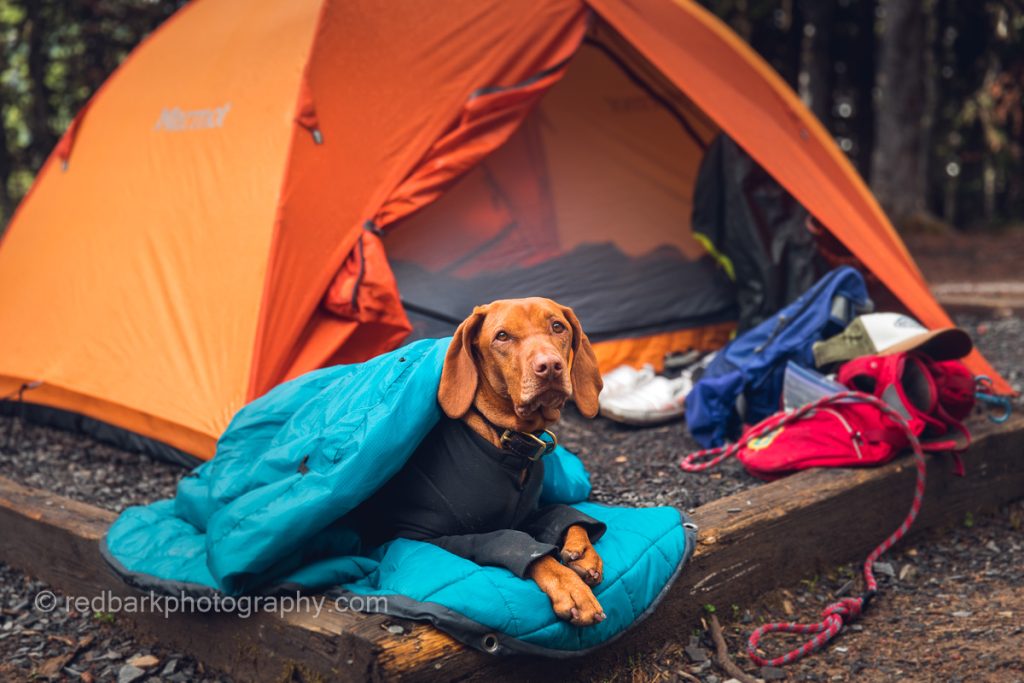Hiking is a wonderful way to connect with nature, exercise, and de-stress. But before you hit the trails, it’s important to make sure you have all the essential gear you need to stay safe and comfortable during your adventure. Whether you’re a novice hiker or a seasoned pro, there are certain items you should never leave home without. Here are some must-have essentials for your next hiking trip:
1. Proper Footwear: One of the most important pieces of gear for hiking is a good pair of hiking boots or shoes. Your footwear should provide support, traction, and protection for your feet and ankles. Make sure your shoes are broken in before hitting the trails to avoid blisters and discomfort.
2. Water: Staying hydrated is crucial when hiking, especially on long or strenuous hikes. Make sure to bring enough water for the duration of your trip, and consider investing in a hydration pack or water bottle with a built-in filter for easy access to clean water along the way.
3. Navigation Tools: It’s essential to have a map and compass (or GPS device) with you when hiking, especially if you’re exploring unfamiliar territory. Knowing how to read a map and use a compass can help you avoid getting lost and find your way back to safety if necessary.
4. Sun Protection: The sun can be harsh on the trails, so it’s important to protect your skin and eyes. Make sure to pack sunscreen, sunglasses, and a hat to shield yourself from harmful UV rays. Don’t forget to reapply sunscreen throughout the day, especially if you’re sweating or swimming.
5. First Aid Kit: Accidents happen, so it’s a good idea to have a basic first aid kit with you on every hike. Your kit should include bandages, antiseptic wipes, blister pads, pain relievers, and any personal medications you may need.
6. Clothing Layers: Weather can be unpredictable in the mountains, so it’s important to dress in layers to stay comfortable and dry. Start with a moisture-wicking base layer, add an insulating layer for warmth, and top it off with a waterproof and windproof outer layer. Pack extra clothing in case you get wet and need to change.
7. Headlamp or Flashlight: If your hike extends into the evening or you find yourself on the trail after dark, a headlamp or flashlight is essential for navigating in low light conditions. Make sure to bring extra batteries or a rechargeable power source to avoid being stranded in the dark.
8. Nutrition: Hiking burns a lot of calories, so it’s important to fuel your body with nutritious snacks and meals along the way. Pack high-energy snacks like trail mix, energy bars, and dried fruit, as well as a hearty meal for lunch or dinner.
9. Emergency Shelter: You never know when you might need to take shelter from the elements in an emergency. Pack a lightweight and compact emergency bivy, space blanket, or tarp to protect yourself from rain, wind, and cold if you find yourself stranded overnight.
10. Multi-Tool or Knife: A multi-tool or knife can come in handy for various tasks on the trail, from cutting bandages or repairing gear to preparing food and starting a fire. Choose a tool with multiple functions and a sturdy blade for maximum versatility.
In conclusion, having the right gear can make all the difference in your hiking experience. By packing these essential items and being prepared for the unexpected, you can enjoy a safe and enjoyable trek through the great outdoors. Remember to always leave no trace, respect wildlife and other hikers, and practice Leave No Trace principles to protect the environment for future generations. Happy hiking!

